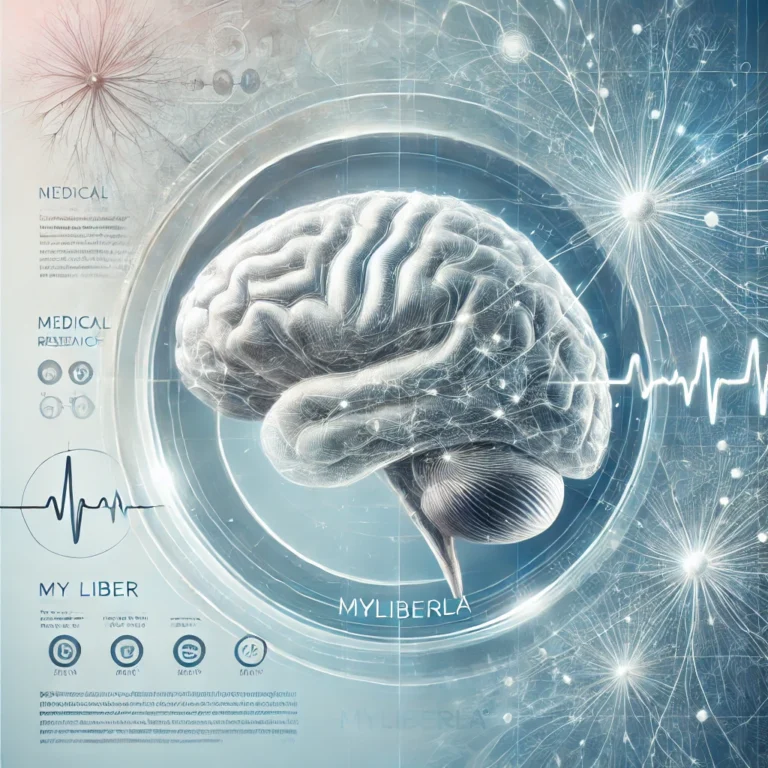Table of Contents
ToggleEverything You Need to Know About ADN-237
ADN-237 has been gaining attention for its potential impact in various scientific and medical fields. In this article, we’ll explore what ADN-237 is, its key information, and why it’s important to keep an eye on developments surrounding this compound.
What is ADN-237?
ADN-237 is a synthetic compound currently under research for its applications in treating neurological conditions. The compound is believed to play a significant role in modulating brain activity, offering potential therapeutic benefits for conditions like Alzheimer’s, Parkinson’s, and other cognitive disorders. Scientists are particularly interested in ADN-237 due to its ability to cross the blood-brain barrier, making it a promising candidate for drug development.How ADN-237 Works
ADN-237 operates by influencing neurotransmitters in the brain, enhancing cognitive function and potentially reducing symptoms associated with degenerative diseases. The exact mechanism of action is still being studied, but early trials show promise in terms of improving mental clarity and memory retention. By targeting specific neural pathways, ADN-237 could help slow down the progression of diseases that affect brain function.Why is ADN-237 Important?
One of the main reasons ADN 237 has caught the attention of researchers is its potential to offer a breakthrough in treating Alzheimer’s disease, which affects millions of people worldwide. Current treatment options only alleviate symptoms temporarily, but ADN 237 may offer more long-term benefits by addressing the root cause of cognitive decline. Additionally, because it can cross the blood-brain barrier, it may be more effective than other treatments that fail to reach the brain.ADN-237 Information: Clinical Trials and Progress
Clinical trials for ADN 237 are still in their early stages, but initial results have been encouraging. Researchers are focusing on how this compound interacts with brain cells and what long-term effects it might have on cognitive health. If successful, it could become a game-changer in the field of neuropharmacology. The data gathered so far suggest that ADN 237 could help with memory retention and cognitive functions, making it a critical area of study for those interested in treating age-related neurological diseases.Potential Side Effects of ADN-237
As with any drug under development, there are potential side effects associated with ADN 237. Early trial participants have reported mild side effects, such as headaches and dizziness, but more research is needed to fully understand the compound’s safety profile. Scientists are also exploring how ADN 237 interacts with other medications and whether it poses any long-term risks to patients.Future of ADN-237: What Can We Expect?
ADN 237 is still in the experimental phase, but the future looks bright. With more extensive research and clinical trials, we can expect to learn more about how ADN 237 could revolutionize the treatment of neurological disorders. If proven effective, it could change the landscape of medicine, offering a new way to treat conditions that have been difficult to manage.Frequently Asked Questions About ADN-237
1. What is ADN 237 used for? ADN 237 is currently being researched for its potential to treat neurological diseases like Alzheimer’s and Parkinson’s. 2. How does ADN 237 work? ADN 237 works by influencing neurotransmitter activity in the brain, helping to improve cognitive function and potentially slowing down the progression of neurodegenerative diseases. 3. Are there any side effects? Some trial participants have reported mild side effects such as headaches and dizziness. Further research is needed to determine the full safety profile of ADN 237. 4. What makes ADN 237 different from other treatments? ADN 237 can cross the blood-brain barrier, making it more effective in targeting brain-related diseases compared to other treatments that cannot reach the brain as easily. 5. When will ADN 237 be available for public use? Since ADN 237 is still in the clinical trial phase, it will take time before it becomes widely available. Researchers are working hard to determine its efficacy and safety before it can be approved for public use.


